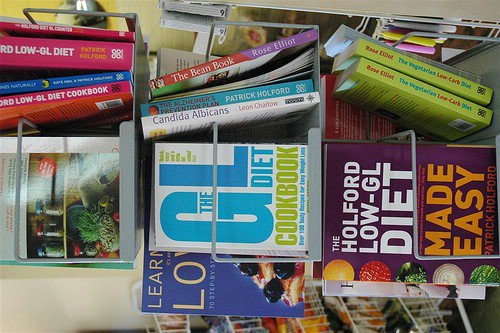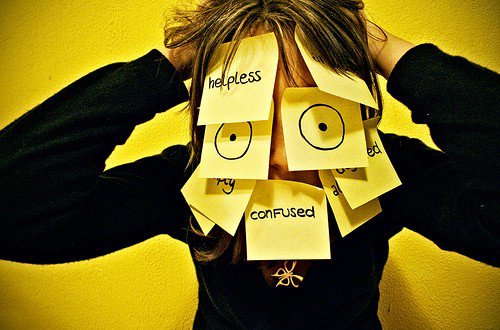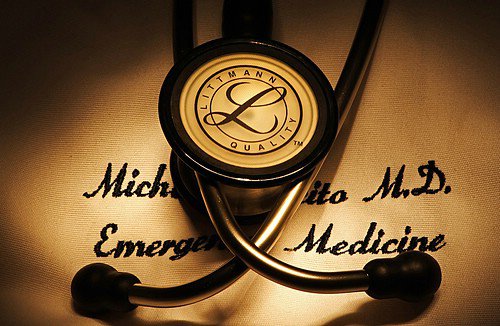
Every time you open a magazine, read a newspaper or browse a website, you are confronted with articles on dieting and nutrition. Lose weight by following this diet! Lose weight by eating cookies, or not eating cookies! Scientists say that something you thought was healthy food is actually bad for you! We end up confused and uncertain, so here is why I think you should be wary of what the "experts" say.
 Photo Credit: Dubber
Photo Credit: Dubber
There are more fashions in dieting than there are in fashion. The vast majority of these diets are nothing but fads — if any one of them worked (long-term), then there would be no need for any others! So take any diet recommended with a pinch of salt (just a pinch).
 Photo Credit: °Giulietta° (Giulia Torra)
Photo Credit: °Giulietta° (Giulia Torra)
One minute a food is good for you, the next it should be avoided at all costs. How infuriating is this? How are we supposed to know what we should be eating if the advice constantly changes?
 Photo Credit: WisDoc
Photo Credit: WisDoc
Just what are the qualifications of anyone promoting a diet? In the UK, we have a TV programme presented by a doctor. It is now well-known that she obtained her "doctorate" from a dubious online college, and yet she (and the TV company) thinks herself qualified to tell people what they should be eating ...
And what makes celebs nutritional experts? If I read one more word about Elizabeth Hurley and how she keeps slim with her cabbage soup, I shall scream. I'm no nutritionist, but when she says that she eats one meal a day and goes to bed hungry, I'm certain that the body can't manage like that. Plus, if she eats so much cabbage, I wouldn't want to be too near her...
How good is the research that information is based on? A study may only have been carried out on a handful of people, so the results are not likely to be terribly reliable. Also, who has funded it?
Some "experts" want to sell books and diet products. I do have a little basic anatomical knowledge, and I can't see how the Atkins diet, for example, can be beneficial. Eating high fat foods while cutting out a major food group?
The constant reports that eating a particular food will increase your chances of cancer etc. must lead to so much unnecessary anxiety and avoidance. Let's say a study says there is a 10% risk of breast cancer if you eat more than two portions of dairy food a day. So you stop eating dairy and don't get enough calcium. Yes, this is hardly a scientific example, but you get my drift.
 Photo Credit: M.M.N
Photo Credit: M.M.N
Experts can use a lot of jargon when going on about diet. Sure, it sounds good. And they're experts, so they must be right? Not necessarily. If they use terminology that lay people can understand, then it might be more plausible ...
Now, eating a good diet is obviously a good thing, but the basic principles of healthy eating are well known, as is the fact that most diets don't work. So always exercise a healthy scepticism about the diet experts, and if you want or need to lose weight, be aware that quick fixes don't exist. Have you heard of an odd, ridiculous fad diet? Please share!
Top Photo Credit: K Miller Photographs